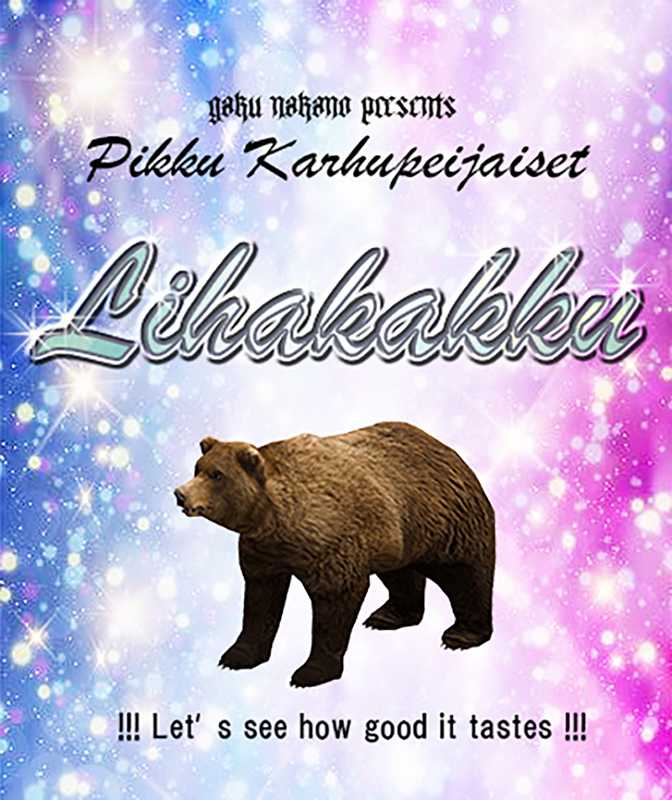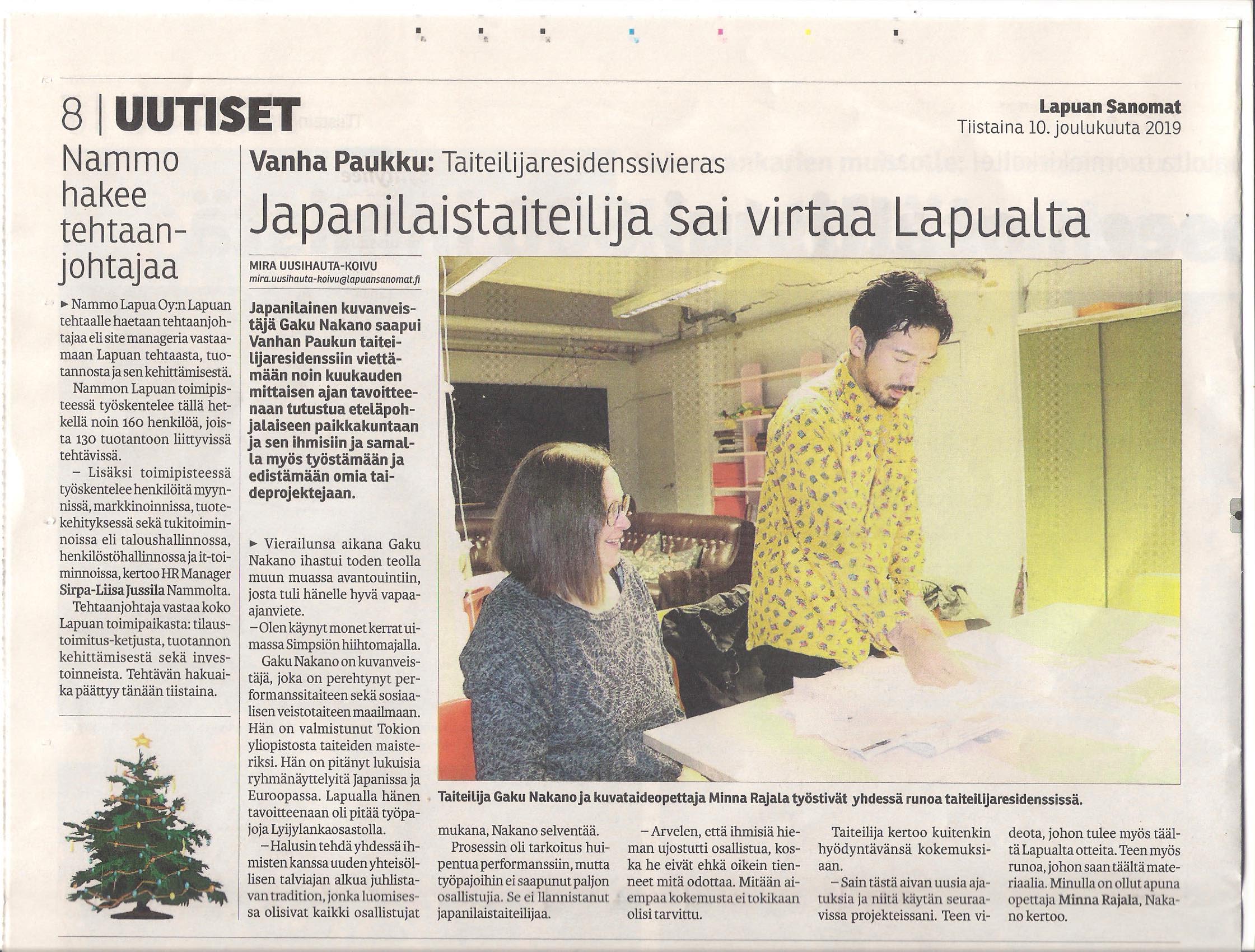





フィンランドの民族宗教において熊は神聖な生き物であり、以前は熊が死に、食べられる時は「カルフンペイヤイセット」という熊崇拝の儀礼が行われていた。それは元々ヘラジカ狩りの成功を祝して行われる埋葬式を意味した「ペイヤイセット」と同様に、食料となった動物の魂を再び生息地へ返すための儀であった。
今日では、カルフンペイヤイセットは生活様式の変化によりほとんど行われていない。文化としてそれを引き継いでいくことも、信仰心に繋がる畏れの次元が変わったことでその行為の価値が見出しづらくなっている。その一方で、たとえ信仰心がなくとも、儀式の役割は形式的に体験することで同じように果たされるが、かつての畏れは総じて現代の伝統行事に残された「時間の移ろいを祝う」という道徳観に代わり、今後それらが本当の意味で再現されることはないかもしれない。
このプロジェクトでは、そうした宗教的儀式の民族性の消失に伴う何かの消失を一つの畏れとし、地域性や自然と時間に見出される普遍的な思想に基づいた、現代の儀式のような行為を探した。
In Finnish ethnic religion, bears are a sacred animal, and a ritual for worshipping bears, named “Karhunpeijaiset”, was practised whenever a bear was killed (simply died) and eaten. It is a ceremony like Peijaiset, which traditionally referred to burials after a successful elk hunt, to restore the soul of eaten animals to their former living place.
Today the practice of Karhunpeijaiset hardly carried out due to changes in lifestyle. Continuing it as a cultural tradition has also become challenging to justify the value of the act, as the dimension of reverence linked to faith has shifted. On the other hand, even without religious devotion, the role of rituals can be fulfilled through formal experiences. However, the awe that was once associated with these rituals has generally been replaced by a moral perspective celebrating the "flow of time" preserved in contemporary traditional events. It remains uncertain whether these rituals will be genuinely recreated in the future.
In this project, the disappearance of cultural identity associated with religious rituals is considered a loss, and it explores acts resembling contemporary rituals based on universal thoughts found in regionalism, nature, and time.
プロジェクトプロポーザル
2019
Project proposal
2019
© 2011- Gaku Nakano